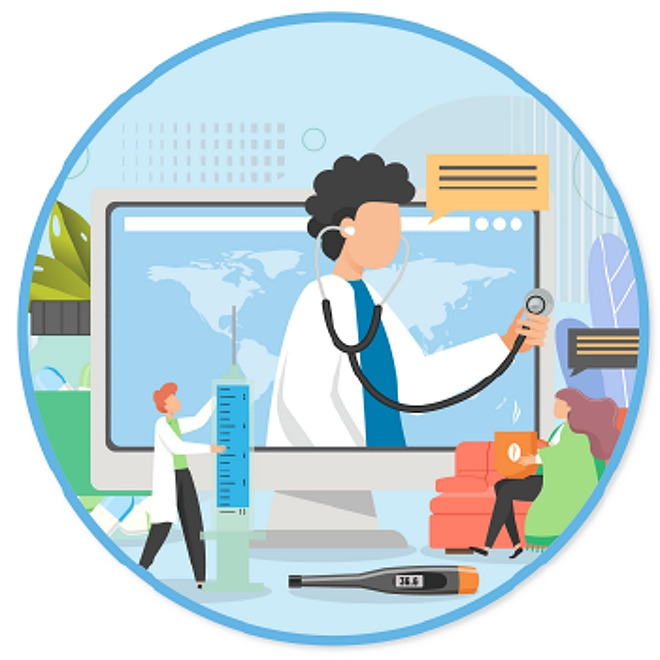2022 Global Health Care Outlook
Are we finally seeing the long-promised transformation?
The global health care sector continues to rise up to the new challenges presented by the ongoing pandemic, which continues to dominate health care systems’ attention and resources. They continue to elevate the human experience of their workforce and reshaping what, how, and where work is performed, swiftly scaling virtual health services for patients, and forging partnerships to produce and procure the required vaccines, treatments, and supplies. At the same time, they continue to address the heightened importance of inequities of health care, sustainability, and the environment. In our 2022 Global Health Care Outlook, we review the current state of the global health care sector, explore the six pressing sector issues, outline the actions to help build resiliency, and achieve improved health care outcomes in the new normal. How can stakeholders prepare for the future?
Explore and download the key issues below:
COVID-19 has accelerated numerous existing and/or emerging health care trends, particularly around health equity, and environmental and sustainability. Additionally, shifting consumer preferences and behavior, the integration of life sciences and health care sector, rapidly evolving digital health technologies, new talent and care delivery models, and clinical innovation continue to be top of mind for health care executives globally. How they respond to these challenges while continuing to address the pandemic will be critically important in 2022.
- Stephanie Allen, Global Public Health & Social Services Leader
Interested in the trends and issues impacting pharmaceutical, biotechnology and medical device companies?
Explore our global life sciences outlook.









